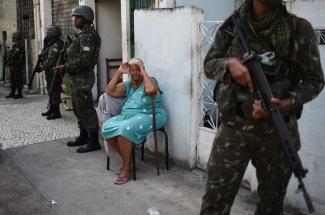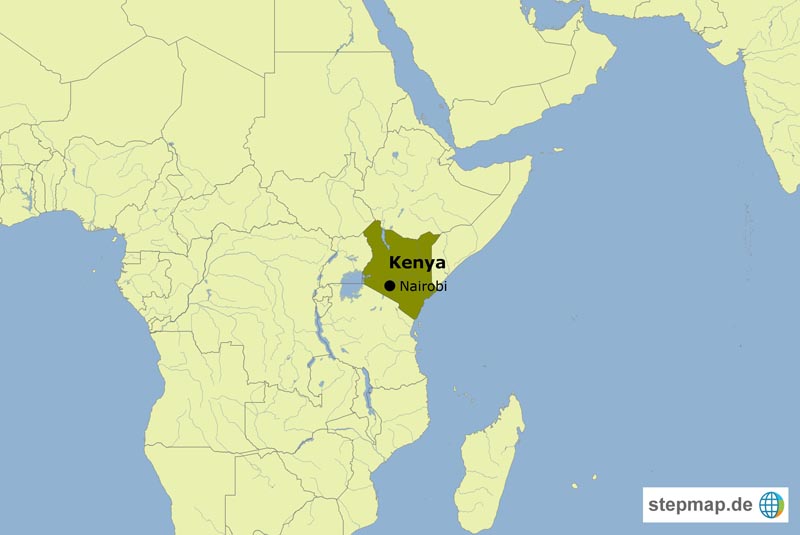Mafia
Gangsters colluding with governments

The title of Rodrigues’ essay is “Symbiotic interactions”. It is included in the summer edition of International Reports, the Konrad Adenauer Foundation’s quarterly publication. As the author elaborates, the modern notion of the state was initially about the government enforcing its will, establishing a monopoly on the use of violence and collecting money from all those to whom it provided a sense of security. The government made the law, but was not necessari-ly bound by it. Notions of the rule of law, democratic deliberation and social welfare emerged later.
The principal function of the modern state is to establish its monopoly on the use of legitimate force and make sure its predominance is respected. It is quite obvious that mafia gangs operate in a similar way. They organise crime in a specific area and collect protection money. Like the state, they provide clients with a sense of safety.
Rodrigues’ argument is based on several points:
- The trade in illegal drugs is very lucrative because it is illegal. The experience of past decades proves that the ban does not eliminate demand. People keep buying drugs. Selling the substances is risky, how-ever, so those who supply the drugs command higher prices. Dealers profit most from the most potent and most addictive drugs.
- Because of profit margins, in turn, the market is contested, but competition is not about prices. Gangs resort to violence to enforce local monopolies.
- The gangs provide livelihoods and even something like career opportunities to marginalised youngsters from disadvantaged communities. In Brazil’s cities, the drug trade is the dominant industry in some favelas. At the same time, the drugs contribute to sedating their peers.
- The gangs bribe security forces, judges and policymakers. Typically, a precarious equilibrium is found, reducing risks for all parties involved and delivering considerable benefits to the most powerful players. The lives of young recruits from the slums tend to be brutal and short, while the big men live in comfort.
- Prisons serve gangs’ networking purposes. In Brazil, top gangsters have even been known to command their fighters from prison cells.
In the last years of Brazil’s military dictatorship, that lastet until 1985, drug gangs became involved with radical leftists in prison. As a result, extremist groups became involved in drug peddling and some mafia outfits adopted leftist rhetoric. As Rodrigues convincingly argues, however, such politicisation is the exception, not the norm. He insists that mafia organisations generally accept the predominance of the state.
Only very rarely do drug trafficking organisations challenge the state and demand some kind of sovereignty. They are more likely to wage war on one another than on a country’s police or armed forces. On the other hand, the involvement of security forces may well be geared to supporting one gang against another rather than to eradicating organised crime. This is how Rodrigues assesses the Brazilian experience, but it fits many other countries too.
If, as Rodrigues convincingly argues, prohibition of drugs is a root cause of drug-related violence with criminal networks often including state agencies or colluding with them, prohibition needs to be reconsidered. The issue raises difficult questions. Mind-altering drugs are dangerous. Heroin and other opiates often prove deadly. Addiction destroys people and badly affects their families and communities. Rodrigues does not discuss these things, but warns that prohibition may be worsening drug-related problems rather than solving them.
Link
Konrad Adenauer Foundation – International Reports:
http://www.kas.de/wf/en/34.5/













